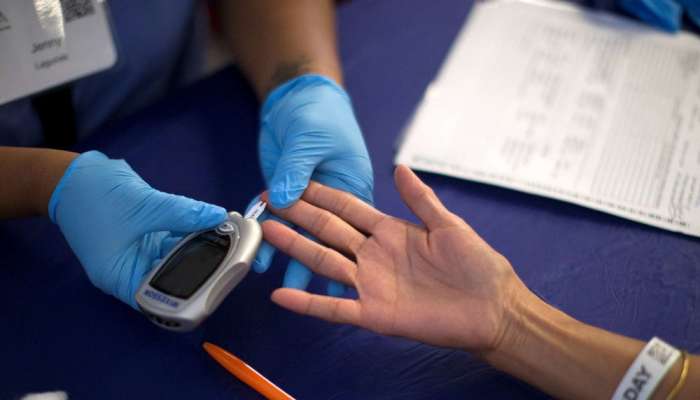
Washington: A team of American scientists has achieved great progress in treating diabetes, by developing a new drug that enhances insulin-producing cells by 700 percent.
During a study conducted by scientists from Mount Sinai Hospital in Manhattan and the Clinical Research Center, tests of the drug on mice with diabetes showed a significant increase in insulin-producing cells by 700 percent over the course of only three months, which effectively reversed the disease.
Scientists have proven the existence of new hope through a treatment that combines two drugs. The first is harmine, which is a natural molecule found in some plants, and works to inhibit an enzyme called DYRK1A found in beta cells, and the second is a GLP1 receptor agonist.
They found that this therapeutic combination works in vivo promoted significant increases in human beta cell mass transplanted into mice with type 1 and type 2 diabetes, insulin-producing cells grew within the body within just three months, and remission was maintained even after treatment was discontinued.
The study showed that the observed effects were due to changes in beta cell proliferation, function, and longevity.
Katherine Czarneski, lead author of the study, explained that beta cells in the pancreas perform the important function of producing insulin in response to blood sugar levels, but the hallmark of diabetes is that these cells are either destroyed or cannot produce enough insulin.